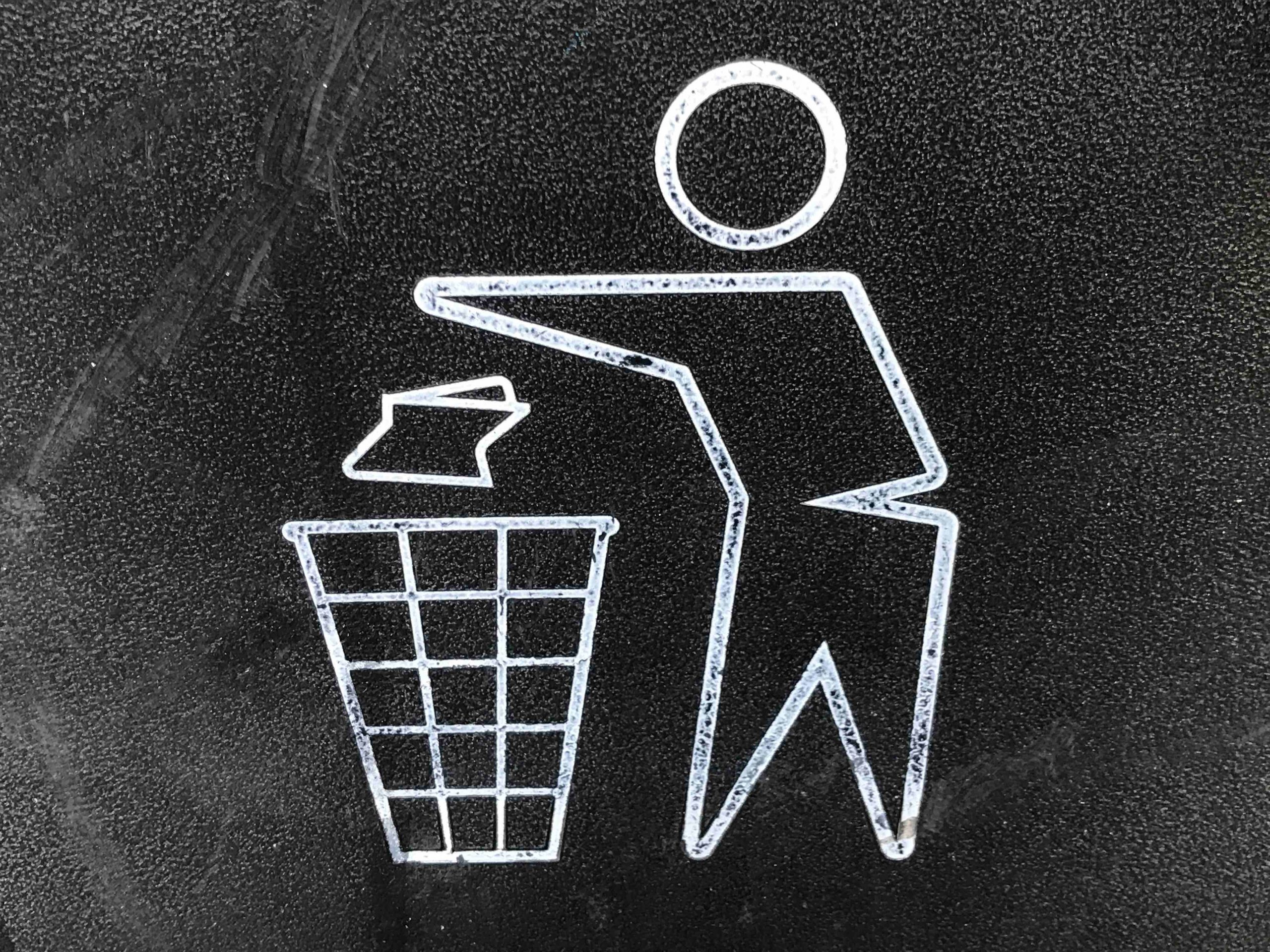Each year, Canadians put millions of tonnes of plastic in the recycling bin, to do their part to safeguard the environment.
However, just nine percent of that content is reused, while the remaining ends up in landfills or leaks into our natural environment.
Earlier this year, the federal government proposed to tackle the problem of plastic waste by announcing it was designating “all plastic manufactured items” as a Schedule 1 toxic substance under the Canadian Environmental Protection Act (CEPA).
The problem is not plastic, it’s plastic waste
At first glance, the government’s plan seems reasonable – why not get rid of plastic altogether? But that isn’t the whole story – the problem clearly isn’t plastic, it’s plastic waste. And the reality is that we rely on plastic to sustain everyday life.
While we support the government’s goal to get to zero plastic waste by 2030, this is unfortunately not the path to achieving that goal.
The government’s own policy paper notes a series of challenges when it comes to plastic waste: there is a weak end market for recycled plastics, collection rates are low and only a fraction of plastics are recycled because of infrastructure deficiencies.
We want to be part of the solution
We joined RPUC because we want to be a part of the solution and raise awareness about important industry efforts to improve recycling and sustainability efforts. For years, we have been helping to fill the gaps and solve the challenges the government has outlined.
For example, our flagship product is called VIPERT, made out of PE-RT (Polyethylene Raised Temperature). We are a leading manufacturer of this material in North America, and the only manufacturer in Canada. PE-RT is entirely recyclable, and we are working with an innovative company in Ontario to recycle our production scraps and use that recycled material in applications like asphalt and roofing. On construction sites, leftover scrap PE-RT pipe can also be recycled rather than thrown in the garbage.
This is just one example of industry working together to innovate and build infrastructure for advanced recycling. From production to use, CB Supplies products are part of a better environmental solution. Many CB Supplies products require less energy and emit fewer pollutants than alternatives like copper when produced. CB plastic tubing is significantly less expensive and easier to install than alternative materials and has a smaller overall environmental footprint.
As a Canadian manufacturer, CB takes the environmental impact of their products very seriously and feel strongly that there are no better alternatives from an environmental standpoint. We depend on plastic to produce these crucial products for Canadians across the country.
We continue to believe in the great opportunity for cooperation with government and towards a common goal of reducing post-consumer plastic. Plastic can be a part of that long-term environmental solution.
